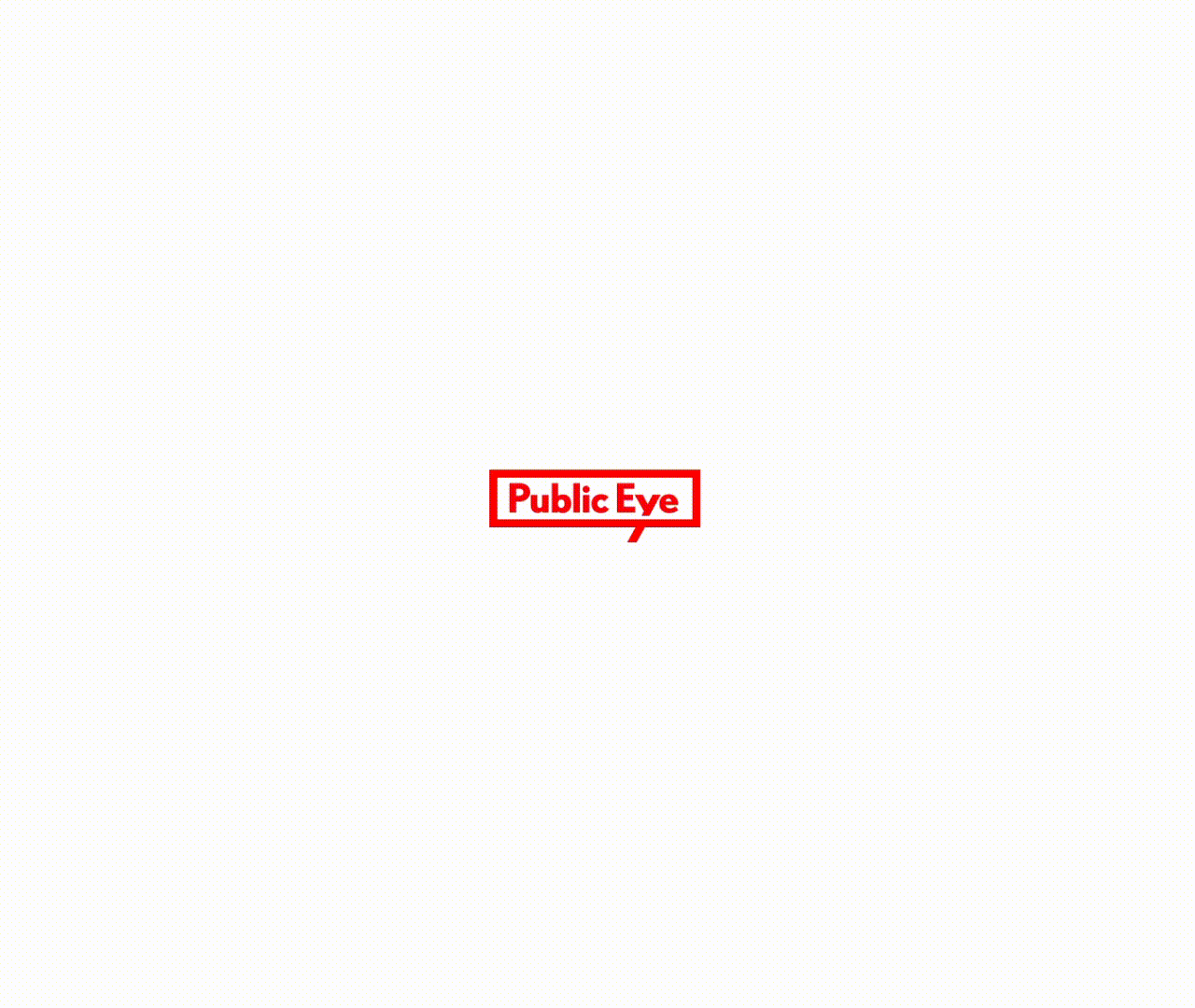Sixty times less sulfur: Accra and Lagos breathe a sigh of relief
5. July 2017
 ©
Public Eye
©
Public Eye
Ghana and Nigeria have legislated for significantly lower limits on the sulphur content in imported fuels, effective 1st July, just 10 months after the publication of “Dirty Diesel”. The report from Public Eye exposed the illegitimate business model with “African Quality” fuels and the role of the Swiss commodity traders. With the support of a global media echo, Public Eye’s African partners have used the public’s outrage to bring about real political change.
From now on, diesel imported into Ghana and Nigeria may only contain a maximum of 50 ppm (parts per million) of sulphur, while in gasoline the sulphur content has been set at 50ppm in Ghana, and 150 ppm in Nigeria. Previously, the legal limit was 3000 ppm for diesel und 1000 ppm for gasoline. In Switzerland, the limit has been set at 10ppm for a long time. Given that both West African countries have to import a large part of their domestic fuels, the particulate matter emissions in conurbations such as Accra und Lagos will massively reduce.
In the Dirty Diesel report, Public Eye specifically asked the following four actors to act:
- Governments of affected countries should implement stringent sulphur limits.
- Export limits should be imposed by the Amsterdam, Rotterdam and Antwerp authorities where high-sulphur fuels are primarily produced.
- The Swiss government should require mandatory due diligence from companies that extends to cover the products in which those companies trade.
- Swiss commodity traders should refrain from their toxic business practices involving “African Quality” fuels.
Ghana and Nigeria have negotiated the new limits within this short timeframe, and both Holland and Belgium have at least launched political initiatives around the responsibility for the export of health-damaging fuels. Only the Swiss government is burying its head deeper in the sand. And the Swiss commodity trading companies, such as Trafigura and Vitol, are still unwilling to give up even a bit of their high profits or to renounce their Dirty Diesel practices to protect the health of people in Africa, so long as those practices remain somehow legal.
In Nigeria, too, those fuel importers working together with Swiss commodity traders are trying to torpedo the implementation of the new fuel standards. Rob de Jong, head of the Air Quality and Mobility Unit at the UN’s Environmental Program, UNEP, said “We are worried that incorrect information regarding the costs associated with the introduction of low sulphur fuels may influence the implementation of the new standards in Nigeria. But wherever such fuels have been introduced, the cost effect has been minimal.”
Public Eye asks the Swiss commodity traders to at least respect the new limits, not to work actively against their implementation and to require this also of their business partners in Nigeria.
More information here or contact:
Oliver Classen, Media Director, oliver.classen@publiceye.ch, +41 44 277 79 06

